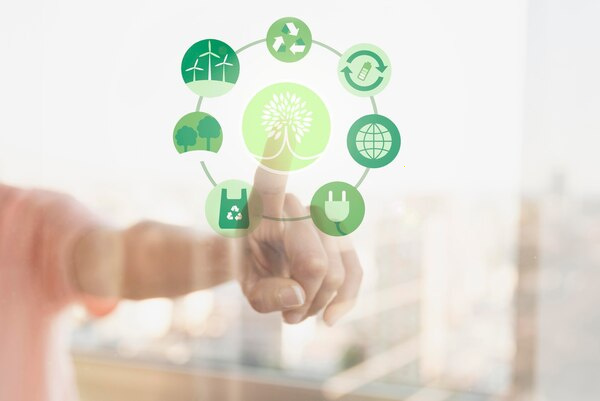The Importance of Protecting Local Wildlife
The natural world around us brims with life, from the smallest insects to the largest mammals, all contributing to a delicate ecosystem. Protecting local wildlife is not just a moral obligation but a necessity for the health of our environment and, ultimately, our own well-being.
Local wildlife plays a crucial role in maintaining ecological balance. Each species occupies a specific niche and performs essential functions that benefit other organisms, including humans. For instance, bees and other pollinators are vital for the reproduction of many plants, which in turn provide food and shelter to a myriad of other species. The decline of such keystone species can lead to cascading effects, disrupting food chains and habitats.

Biodiversity, which includes the variety of species within a given ecosystem, is a key indicator of environmental health. High biodiversity often equates to greater resilience against environmental stressors such as diseases, climate change, and natural disasters. By protecting local wildlife, we help preserve biodiversity, ensuring ecosystems can withstand and adapt to changes. This resilience ultimately benefits agricultural productivity, water quality, and even climate regulation.
The economic benefits of conserving local wildlife cannot be understated. Ecotourism, for example, hinges on the presence of a rich biodiversity. Natural landscapes teeming with wildlife attract tourists and generate revenue for local communities, driving investments in conservation and infrastructure. Moreover, many species have the potential for scientific research, leading to discoveries in medicine, agriculture, and technology.
Culturally, wildlife enriches human communities. Many indigenous cultures have profound spiritual and historical connections with local animal species, viewing them as integral to their heritage and identity. Protecting these animals helps preserve cultural traditions and wisdom that might otherwise be lost.
Threats to local wildlife abound, from habitat destruction and pollution to climate change and invasive species. Urban development often leads to the fragmentation of habitats, making it difficult for animals to find food and mates. Pollution, whether chemical, plastic, or noise, can have severe impacts on wildlife health and behavior. Climate change alters habitats faster than many species can adapt, leading to declines in population or even extinction.
Invasive species, too, pose a significant threat by outcompeting native species for resources or introducing diseases. These challenges necessitate concerted efforts from governments, organizations, and individuals to implement and support conservation strategies.
Effective wildlife protection requires comprehensive approaches, including habitat restoration, legal protection, and public education. Habitat restoration involves reforesting areas, cleaning up polluted environments, and creating green corridors to connect fragmented habitats. Legal protections, such as wildlife sanctuaries and anti-poaching laws, help safeguard endangered species and their habitats. Equally important is raising public awareness about the value of preserving wildlife, encouraging sustainable practices, and fostering a culture of conservation.
Individuals can also contribute to conservation efforts. Supporting local wildlife organizations, participating in citizen science projects, reducing waste, and promoting sustainable living are all ways to make a positive impact. Simple actions, such as planting native species in gardens, reducing pesticide use, and minimizing light pollution, can create friendlier environments for local wildlife.
In conclusion, protecting local wildlife is a multifaceted endeavor with far-reaching benefits for ecological health, economic stability, cultural richness, and human well-being. Embracing our role as stewards of the natural world, we must strive to safeguard the diverse forms of life with which we share our planet, ensuring that future generations inherit a thriving, balanced ecosystem.